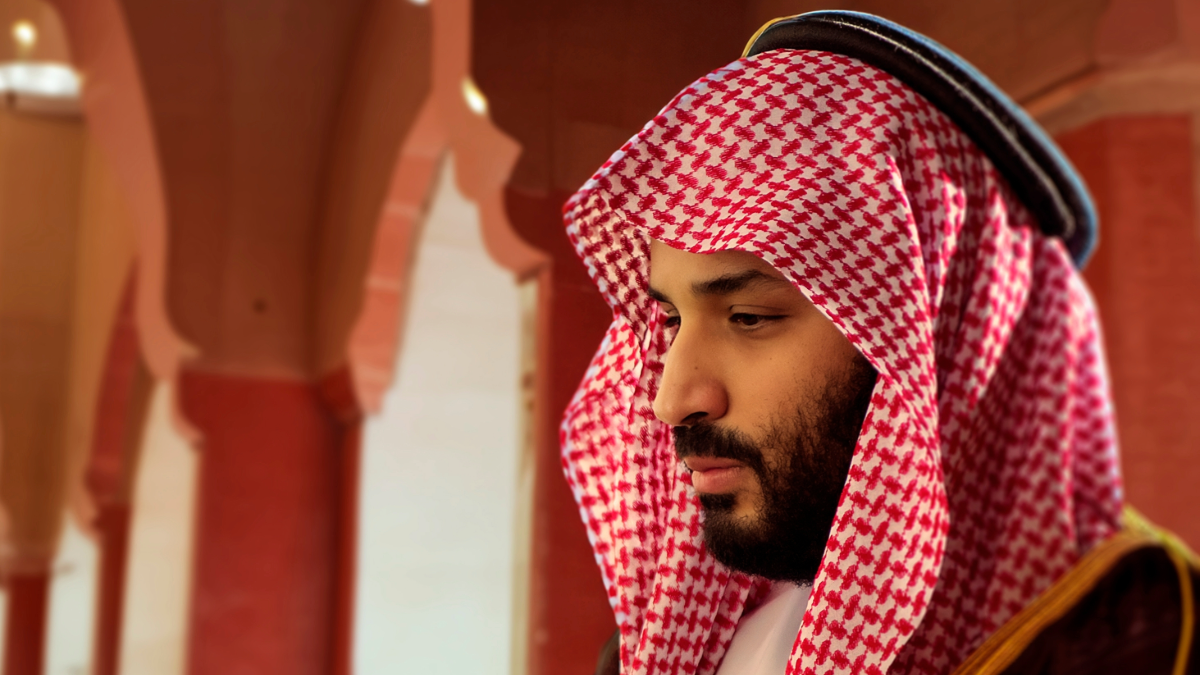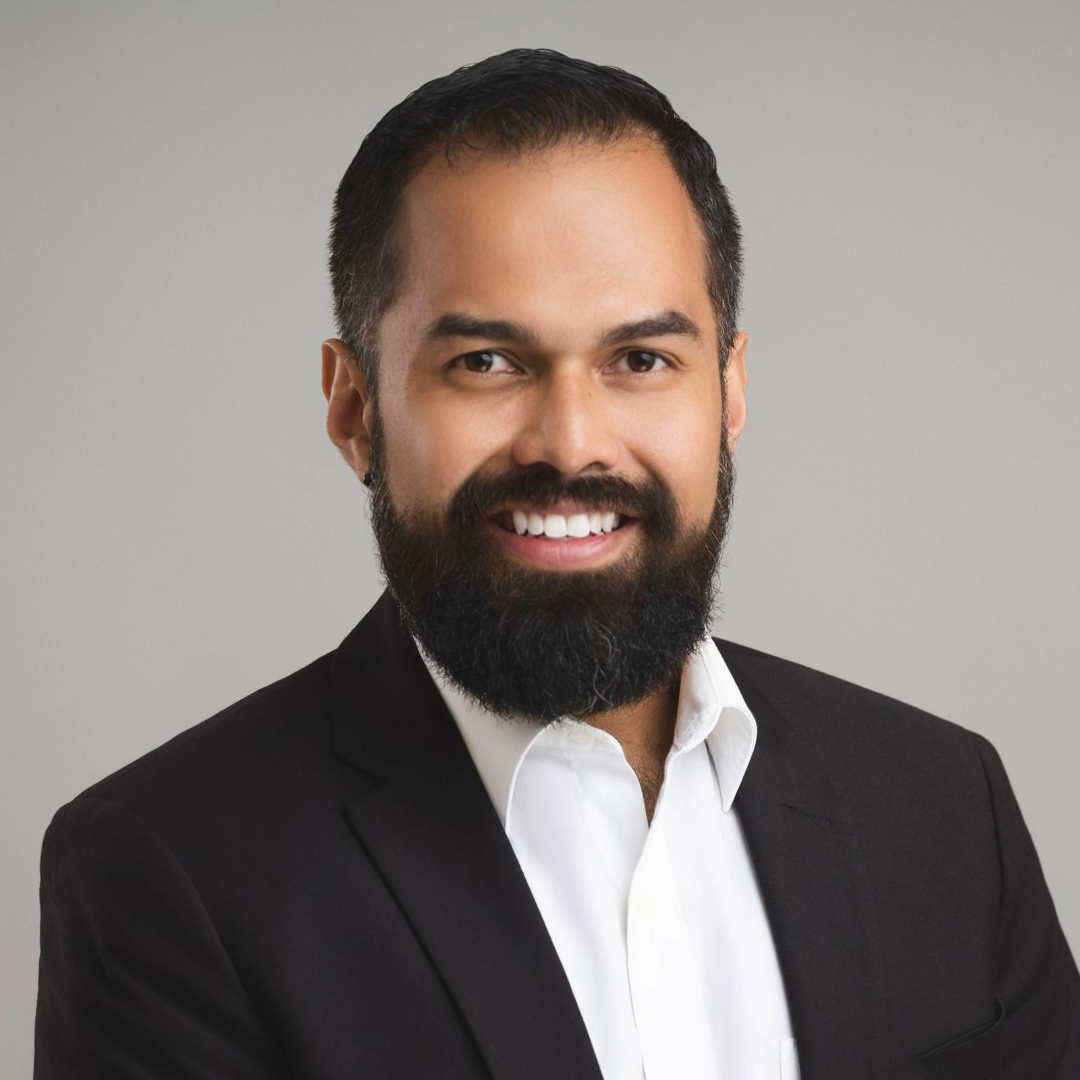Who Wins from the IGF? Not Those Locked Up for Speaking Out
Alejandro Mayoral Baños, Quinn McKew / Dec 12, 2024Alejandro Mayoral Baños is the Executive Director of Access Now, and Quinn McKew is the Executive Director of ARTICLE 19.

Riyadh, Saudi Arabia - March 7, 2022: Mohammed bin Salman, Crown Prince and Prime Minister of Saudi Arabia. Shutterstock
Between December 15 and 19 this year, the Kingdom of Saudi Arabia (KSA) will host the United Nations’ Internet Governance Forum (IGF), one of the world’s largest and longest-standing internet forums.
The IGF was founded on the principle that all stakeholders in the internet should have a say in how it is run. For decades the IGF has provided a place where internet users and civil society can actively engage with corporations and governments to safeguard our freedoms online. Yet Saudi Arabia – this year’s host – is one of the worst repressors of online freedoms. It is responsible for appalling and ongoing abuses of human rights. What safe spaces does civil society have in a country that bans protests, political parties, independent media and organizations?
We are not attending the IGF in person this year. Under the facade of Mohammed bin Salman’s reform policy, Vision 2030, the Saudi regime wants to pose itself as a global leader in tech and innovation. We refuse to be instrumentalized as white-washing agents for the Saudi regime, as so many other interest groups – from sport to fine art – have been in recent years. We also refuse to allow the IGF to become another fig leaf for Saudi reforms and progression.
Civil society presence in Riyadh is not a win. To the contrary, it’s a call to shed light on KSA’s long list of abuses as it continues to escalate its crackdown on freedom of expression, targeting human rights defenders, activists, and journalists, carrying out arbitrary arrests and unfair trials, with some receiving prison sentences of up to 45 years for expressing dissent online. Those who fled the country are also not safe. While governments and companies are content to conveniently turn the page on Jamal Khashoggi’s brutal murder, which shocked the world back in 2018, his case stands as a stark reminder of how far the Saudi regime can reach to silence dissent. To this day, the Saudi regime has not been held accountable for his killing.
Many other stories of state repression, therefore, continue undeterred.
As different delegations prepare to gather in Riyadh to discuss “advancing human rights and inclusion in the digital age” or the “Internet We Want,” they must remember the many Saudi detainees who are stuck behind bars for peacefully expressing themselves online:
- Osama Khalid: A medical doctor and Wikipedia administrator serving a 32-year sentence on charges defined as “swaying public opinion” and “violating public morals.”
- Manahel al-Otaibi: A fitness instructor and women’s rights activist sentenced to 11 years after a secret trial with due process violations for posts supporting women’s rights and Snapchat photos where she appears without an abaya.
- Salma al-Shehab: A PhD student and mother of two serving a 27-year sentence and a travel ban for posts supporting women’s rights following a grossly unfair trial.
- Abdulrahman al-Sadhan: A humanitarian worker forcibly disappeared since 2018 and sentenced to 20 years in prison for satirical posts based on a confession extracted under duress.
- Mohammad bin Nasser al-Ghamdi: A retired teacher initially sentenced to death for his critical posts on X and YouTube, despite having only 10 followers, his sentence was later quashed and replaced with a 30-year prison term.
What should be done in the face of this systematic repression? Human rights organizations are increasingly asked to be complicit in geopolitical bargaining. We join coalitions with governments, such as the Freedom Online Coalition and the Media Freedom Coalition, and when we politely raise that these coalitions should be doing something about gross violations of rights, we are told to be pragmatic, to understand that government hands are tied because of geopolitical concerns, and to come back with something more "reasonable." But, there is our line in the sand. We believe that our in-person attendance at this year’s IGF would signal tacit agreement with the UN that KSA’s repression can be overlooked or somehow normalized. We call on the UN and other states to ensure that the discussions at IGF do not just pay lip service to human rights but that KSA is held accountable for its track record.
We have seen time and time again that blatant human rights abusers are rewarded with the glory of international events because they have money. "No one else would host this because it is too expensive" is a key reason the Olympics have been held in Russia and China and why the World Cup has been on a world tour of rights abusers, including Saudi Arabia. And each time, rights organizations try to use the events to call attention to the rights violations – with almost no tangible impact. Instead, the Olympics return to Russia and China. The protests are shunted away from view. Laws are adopted that repress the ability to speak and protest. The glory of the events belongs to the political winners, while the protesters are, at best, labeled killjoys and, at worst, silenced.
But the IGF is not a feel-good sporting event. The IGF is about policy and is predicated on upholding the UN Charter and the Universal Declaration on Human Rights – foundational documents for the United Nations. It might be convenient to have the Saudis foot the IGF bill, but its human rights price tag is astoundingly high: legitimizing digital authoritarianism while excluding critical civil society voices under the guise of multi-stakeholderism.
Our decision not to participate in person at the IGF is rooted in our commitment to human rights and the principles of accountability. It is not an act of disengagement, but a stand against legitimizing the actions of a regime that continues to silence voices, violate freedoms, and deny justice to those who need it most. By staying true to our values, we aim to highlight the urgency of ensuring that platforms like the IGF are not co-opted by those who seek to undermine their foundational principles.
This is a moment to refocus on what truly matters: protecting the rights and freedoms of the most vulnerable. We hope this decision inspires critical reflection and drives meaningful change in how the global community approaches human rights in spaces meant to champion them.
Related Reading
Authors

